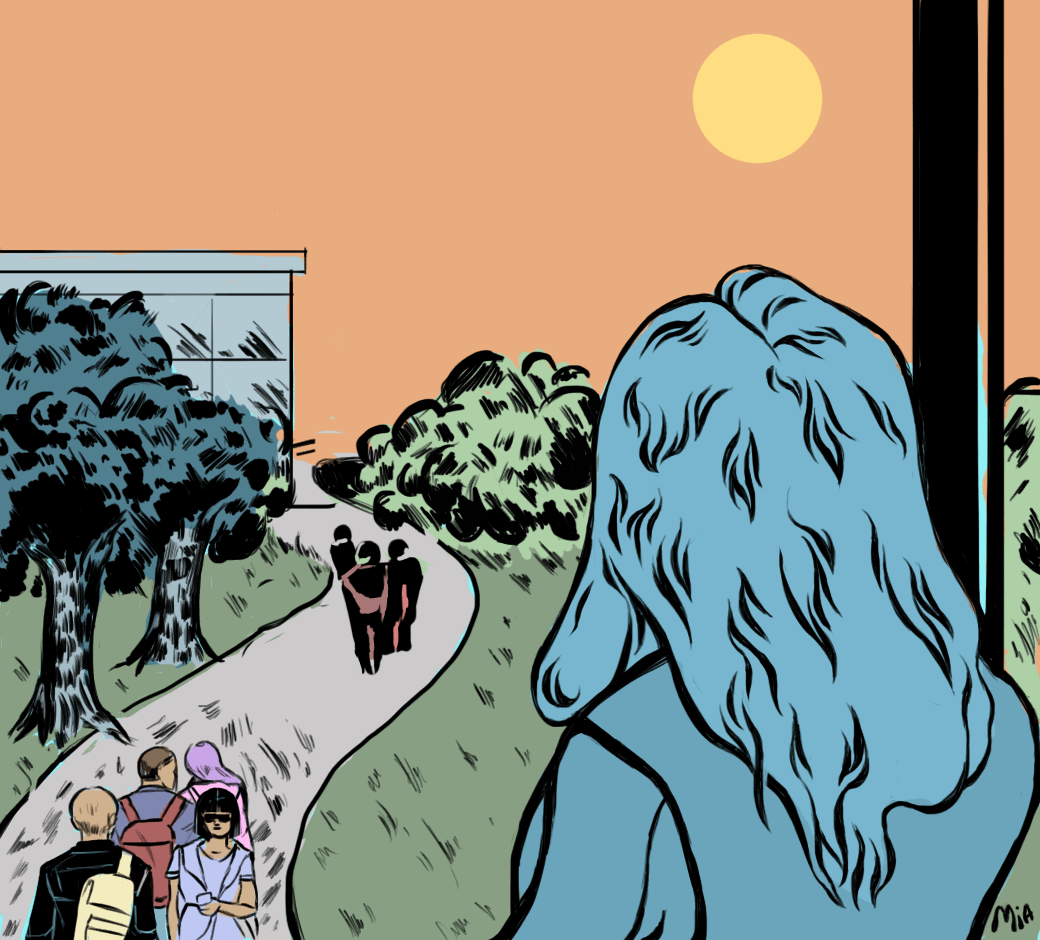When I’m feeling unmotivated or inadequate, I like to read the success stories of notable scientists for inspiration. Lynn Margulis, for example, is a renowned pioneer of the endosymbiotic theory central to cellular evolution. Her work was rejected by 15 journals, and she was once told that her research was “crap” — told never to apply for a grant again. Robert Sternberg, former President of the American Psychological Association, was considered a failure by most of his grade-school teachers, and his introductory psychology professor told him to consider another major. Sternberg later graduated in the top five per cent of his class at Yale University.
To a third-year Life Sciences student like me, these stories are a beacon of hope. I can understand all too well the pressure to fast-track in school and to keep busy after school. This is especially true when it comes to engaging in summer research.
Long before summer even approached, my friends and peers were already planning the courses they would be taking, considering the internships they had been offered, and preparing for the research position interviews they had lined up. I know students who have interned with organizations like the World Health Organization over the summer and have had their work published in journals like Nature.
Amidst all of this, I was not among the lucky few who managed to fill up their calendar in preparation for a productive summer. I had the gnawing feeling that I was doing something wrong.
Going to a school like U of T doesn’t do much to ease this feeling. The university boasts about its numerous summer research opportunities for undergraduate students, but I can vouch that the competition is fierce and finding a position is no easy task.
If you’re a science student, you’ll know what I mean when I say that getting involved in research is something that is drilled into your head from day one. Not only is it reinforced in our courses, there’s also no shortage of seminars and newsletters on campus offering advice on how to get started in research. On top of that, graduate programs certainly like seeing research on your resume.
If I’m being completely honest, before my second year, I hadn’t really given much thought to how I was going to spend my summer. I soon realized that this attitude wasn’t going to cut it. No longer are we praised simply for getting good grades; now, the stakes are higher, and our performance is assessed even after the school year ends.
I wanted to do research, but I was severely lacking when it came to experience. So I joined the Model United Nations group on campus, started volunteering at hospitals, and contributed to a number of science outreach groups both on and off campus instead. I probably spent more time fulfilling the responsibilities of these positions than I did on my actual schoolwork during the year.
Feeling more confident about my résumé, I began sending it out to every research program in Toronto as soon as applications opened in the winter. And then I waited. When the weeks turned into months and I still hadn’t heard back, I was faced with the prospect that I might have no job for the summer. The ‘break’ became less like something to look forward to and more like something to dread.
I was later surprised to find that one of the principle investigators to whom I sent an application did reach out to me, meaning that I’ll be spending my summer doing research at a hospital downtown.
The experience made me realize something: there is a culture of toxicity among science students. We are expected to succeed in as little time as possible, and this expectation is compounded when it comes to summer. As such, I wrongly felt that I had failed to fulfill a requirement that I ought to have achieved during the summer.
I felt inadequate because I believed that a research position defined my success as a science student.
Reading the success stories of great scientists helps suppress those thoughts. Knowing their stories, it becomes obvious that success has no time limit.


